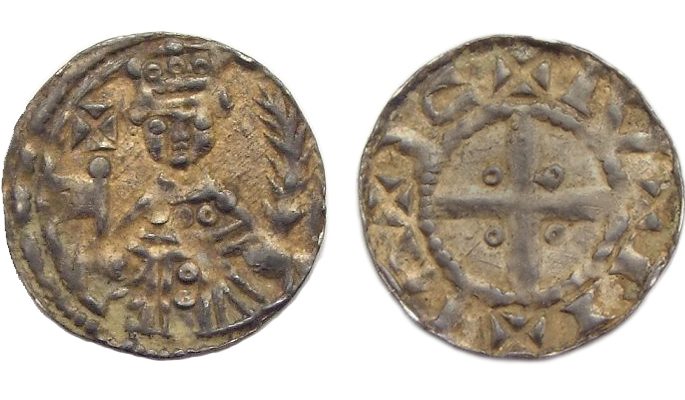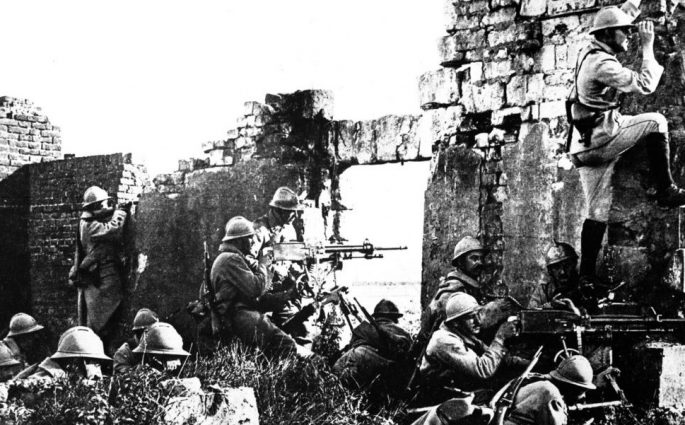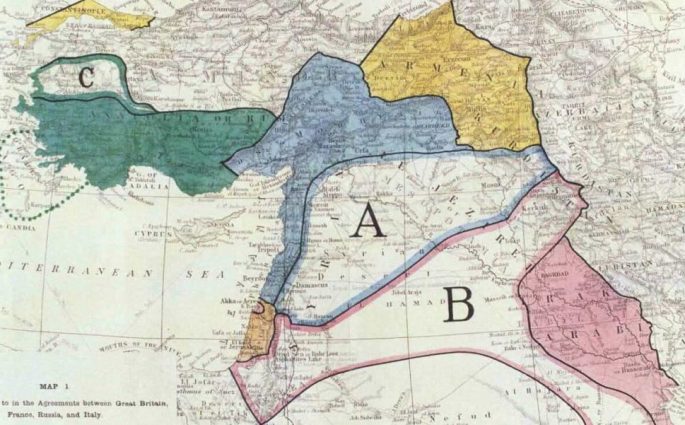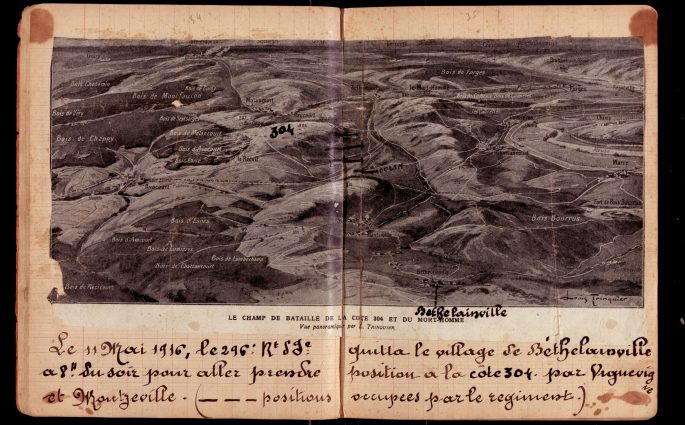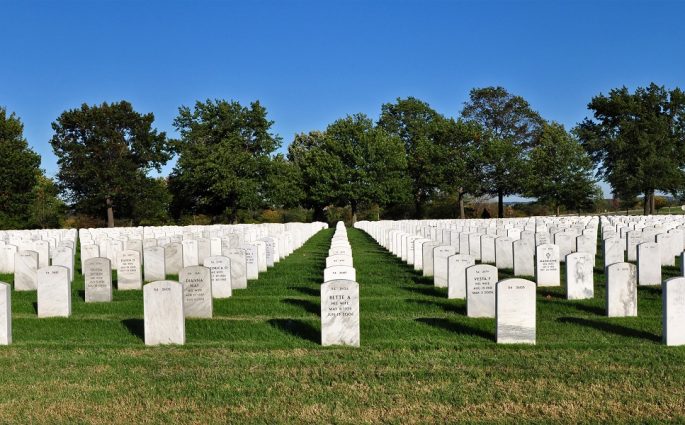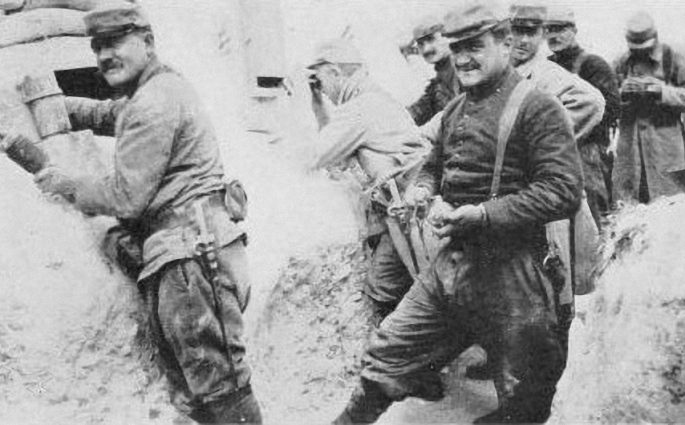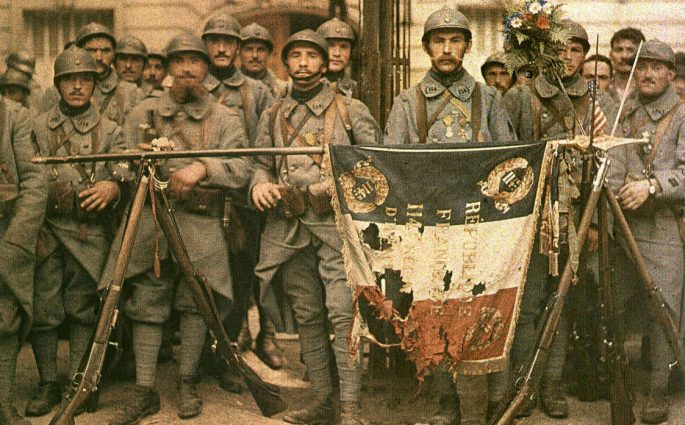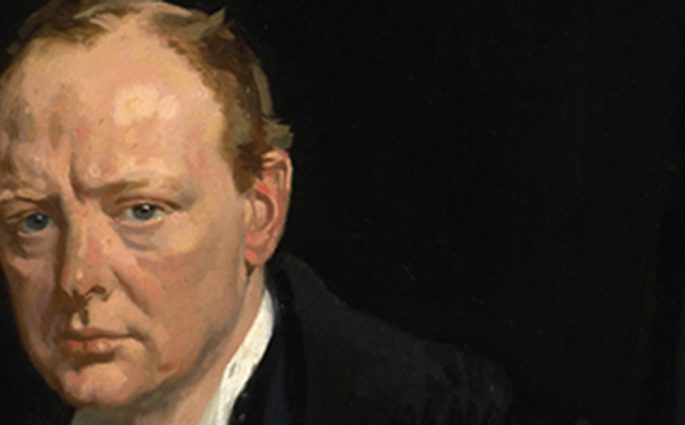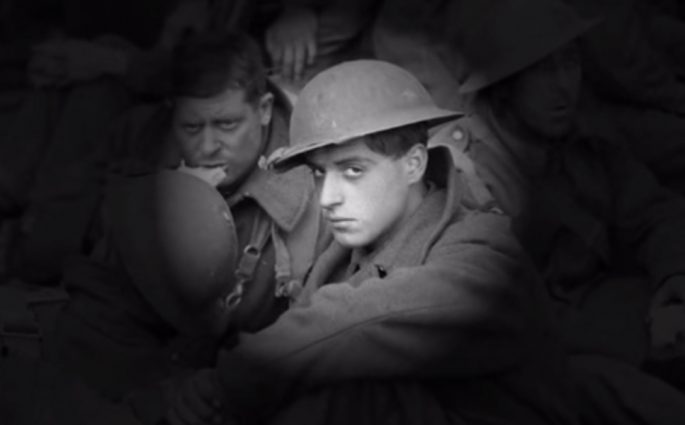Frederick Barbarossa’s Bittersweet Ending
John Freed— On 22 June 1941, Germany launched Operation Barbarossa. Hitler’s personal decision to name the Nazi attack on the Soviet Union after Frederick Barbarossa (b. 1122, r. 1152-90) was the culmination of the nineteenth-century appropriation of the medieval emperor as the symbol of German national unity. Frederick’s uncle and

